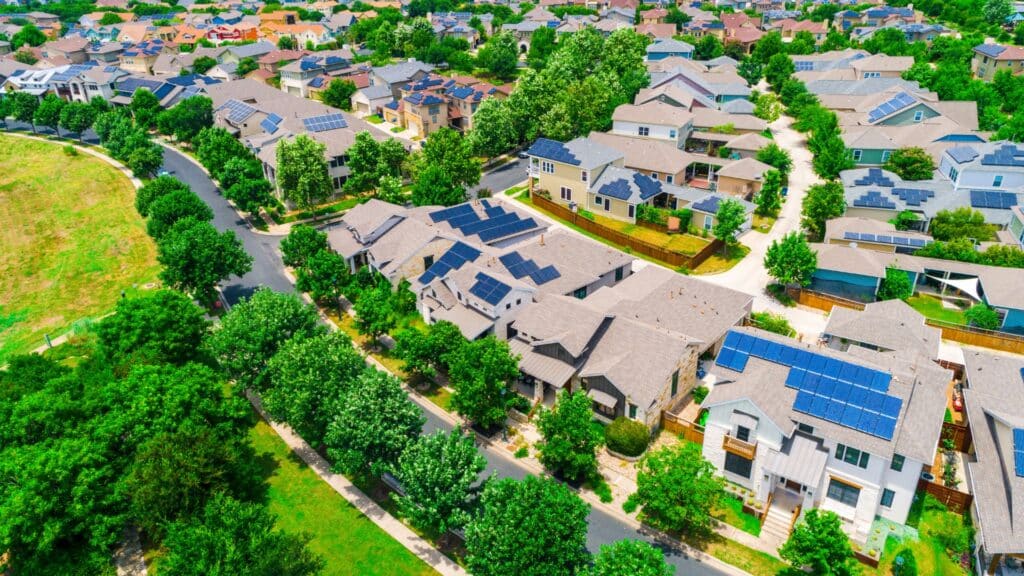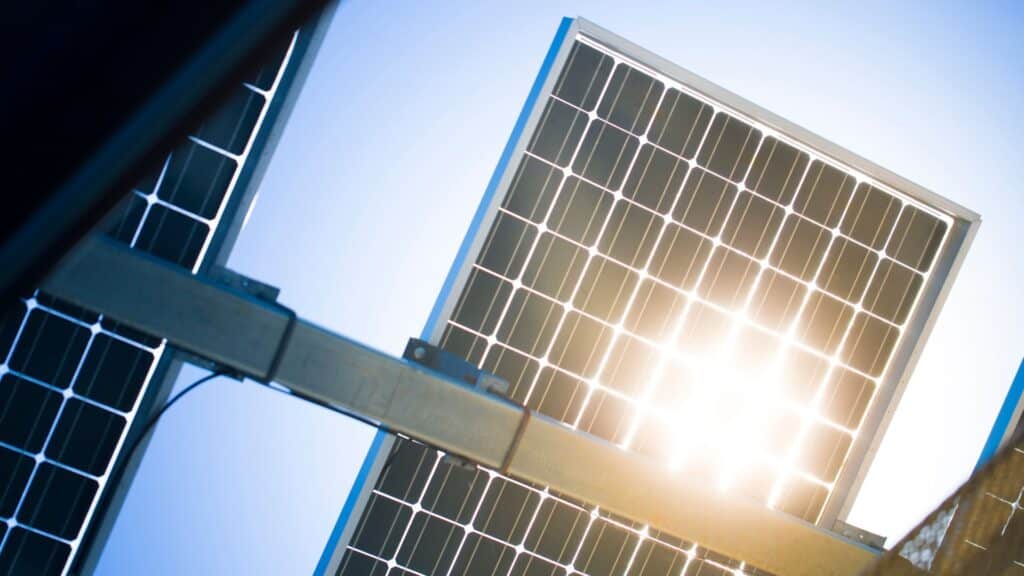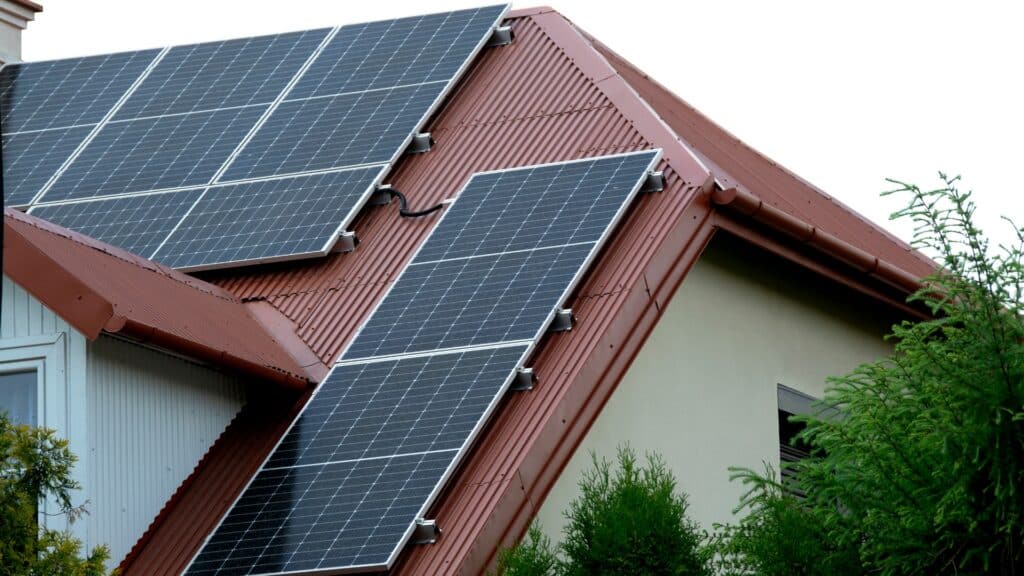Understanding Solar Power and Its Importance
Are you tired of paying high electricity bills each month? Have you considered switching to solar power for your home? Not only is it environmentally friendly, but it can also save you money in the long run. In this blog post, we will discuss everything you need to know about solar power for your home. We’ll start by explaining the basics of solar power and why it’s important. Then, we will dive into the different types of solar power systems available, including photovoltaic and concentrated systems, and compare them. We’ll also provide tips on how to assess your home’s solar potential and evaluate its energy efficiency before going solar. Next, we’ll walk you through the installation process of solar power systems and help you choose a reputable installer. Finally, we’ll explain financing and incentive options available for going solar and give insight into the maintenance and lifespan of solar power systems. Join us as we empower you with knowledge to make a smart decision about switching to solar power for your home.
Importance of Solar Power
Understanding solar power’s significance is essential for informed energy choices, and promoting sustainable, eco-friendly environments. It reduces reliance on traditional energy, leading to cost-effective, energy-efficient solutions. Embracing solar energy technologies is empowering, and benefiting homeowners and the environment. This clean, renewable energy source contributes to a sustainable future, aligning with the Department of Energy’s efforts to advance solar energy technologies.
The Basics of Solar Power
Understanding how solar power harnesses sunlight to produce electricity involves the utilization of solar panels and photovoltaic cells. The process includes capturing, converting, and utilizing solar energy, ultimately leading to the production of electricity. It is essential to comprehend the basics of solar power to make informed decisions about adopting solar energy. This fundamental knowledge paves the way for embracing sustainable energy technologies.
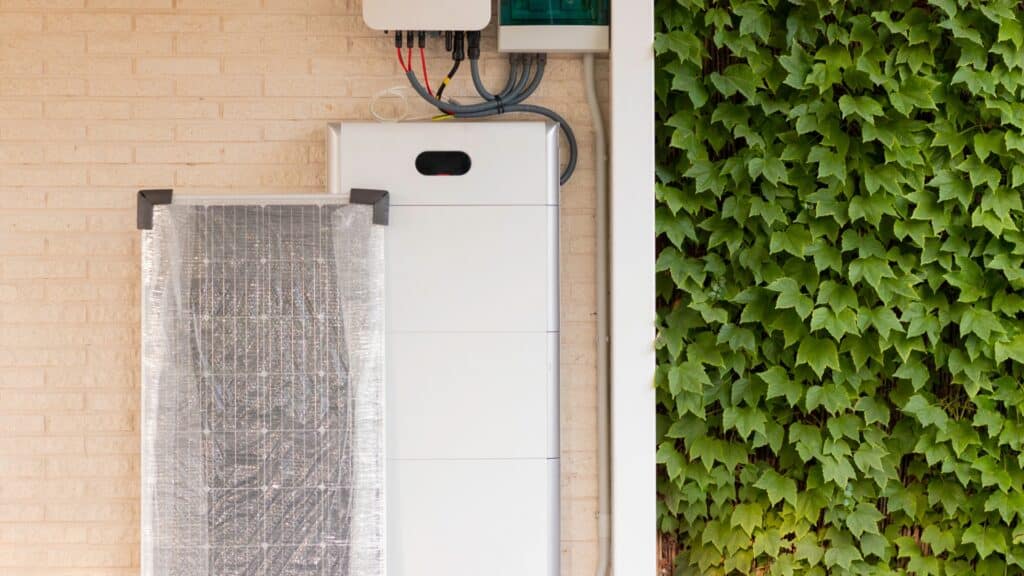
Why Choose Solar Power for Your Home?
Choosing solar power for your home offers numerous benefits. It reduces utility costs and environmental impact, enhances energy independence, contributes to a sustainable future, empowers homeowners to actively participate in energy conservation, and supports the transition to renewable energy sources. Embrace solar power for a brighter, cleaner future.
Different Types of Solar Power Systems
Understanding the diverse types of solar power systems facilitates informed decision-making and tailored selections, empowering homeowners to make energy-efficient choices that cater to their specific needs. Different solar power systems offer flexibility in energy consumption and savings while meeting varying installation requirements. This knowledge empowers homeowners to make the best possible choice for their homes, ultimately contributing to a sustainable future.
Photovoltaic Solar Power Systems
Harnessing the power of photons, photovoltaic solar power systems directly convert sunlight into electricity using solar panels. Homeowners gain clean energy and lower costs while contributing to a sustainable future. Understanding installation and operation empowers informed decisions and efficient usage. The Department of Energy offers a homeowner’s guide for tailored selections and encourages the exploration of solar energy technologies. Embracing photovoltaic systems fosters energy independence and supports renewable energy sources.
Concentrated Solar Power Systems
Concentrated solar power systems involve the use of mirrors or lenses to focus sunlight, generating electricity through thermal power cycles. This innovative method provides an alternative method of harnessing solar energy for power generation, offering insight into the efficient utilization of solar energy. By employing concentrated sunlight, these systems produce electricity for various applications, expanding the possibilities of solar energy utilization.
Comparing Different Types of Solar Power Systems
When considering solar power systems and rooftop solar panels, homeowners must compare and evaluate different options to make informed decisions. Understanding the effectiveness and benefits of various systems, such as photovoltaic (PV) and concentrated solar power, provides insights into energy-saving options. This comparison aids in selecting the most suitable option based on energy efficiency, costs, and power output. Assessing these factors empowers homeowners to make efficient and sustainable energy choices.
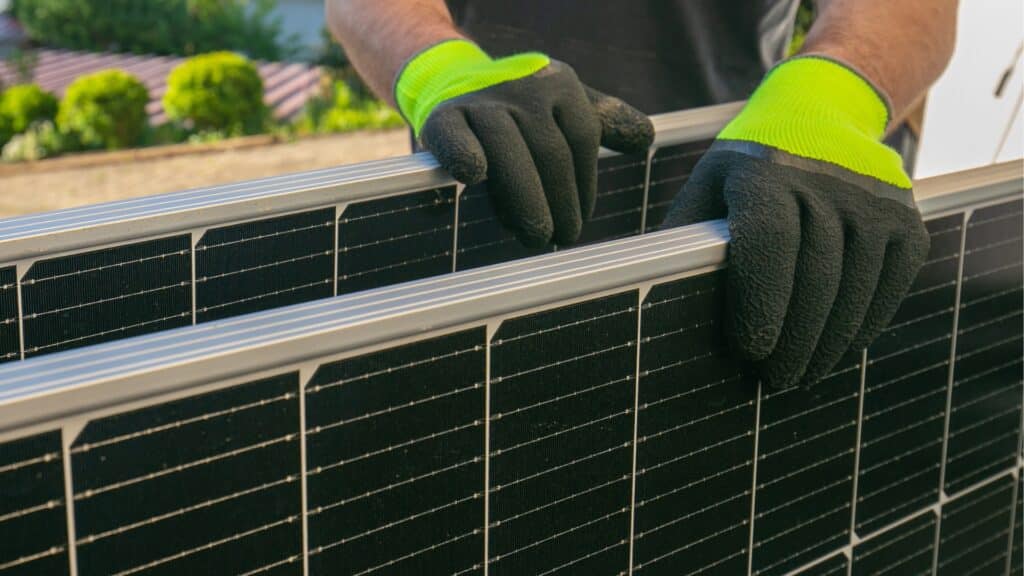
Assessing the Solar Potential of Your Home
Evaluating your home’s solar potential involves assessing the feasibility of solar energy installation and its efficiency, empowering informed decisions for sustainable energy solutions. Understanding the viability and benefits allows homeowners to determine the effectiveness of solar power adoption, paving the way for efficient energy utilization. Assessing solar potential is essential for embracing renewable energy and making a positive environmental impact.
Factors Affecting Solar Potential
Various elements, including location, roof orientation, and shading, impact a home’s solar potential. Understanding these factors is crucial for optimizing solar energy generation. Solar potential is also influenced by solar radiation, roof space, and local climate conditions. Assessing these factors offers insights into maximizing solar energy efficiency and making informed decisions about solar energy investments. Factors such as roof size, tilt, and obstructions or trees further influence solar potential.
Tools to Assess Your Home’s Solar Potential
Assessing your home’s solar potential is essential for determining the suitability and capacity of solar energy. Utilizing assessment tools empowers homeowners to make informed decisions about solar power installation, evaluating feasibility, system size, and output. Tools provide insights into efficiency, aiding in embracing sustainable energy solutions. Understanding and utilizing these tools enable informed and empowered choices for sustainable energy investment.
Evaluating Your Home’s Energy Efficiency Before Going Solar
Before transitioning to solar power, evaluating energy efficiency is crucial. This assessment determines the appropriate size of the solar system needed and maximizes the benefits of solar power. Understanding energy usage patterns before solar installation is vital, guided by a professional energy audit. This evaluation ensures the effective sizing of the solar panel system, paving the way for optimized energy efficiency and sustainable power generation.

Importance of Energy Efficiency in Solar Power Usage
Optimizing energy use reduces the size and cost of required solar systems. It also lessens the environmental impact of solar power. Energy efficiency directly affects the effectiveness of solar energy at home, complementing its benefits. Efficient energy use plays a key role in enhancing the performance of solar power systems.
Tips on Improving Home Energy Efficiency
To enhance home energy efficiency, consider utilizing energy-efficient appliances and lighting to minimize energy consumption. Proper insulation and sealing play a crucial role in preventing energy wastage and improving overall efficiency. Also, upgrading to energy-efficient windows and doors can significantly contribute to reducing energy loss in your home. Regular maintenance of HVAC systems and ductwork is essential for ensuring optimal energy efficiency. Additionally, implementing smart home technology can further enhance energy efficiency within your home.
Installation Process of Solar Power Systems
The installation of solar power systems involves a thorough site assessment and meticulous system design to ensure optimal performance. Compliance with local building and safety codes is crucial during the solar panel installation process, highlighting the need for professional expertise. Understanding these steps empowers homeowners to make informed decisions about their solar energy investment, ultimately contributing to sustainable and efficient energy usage.
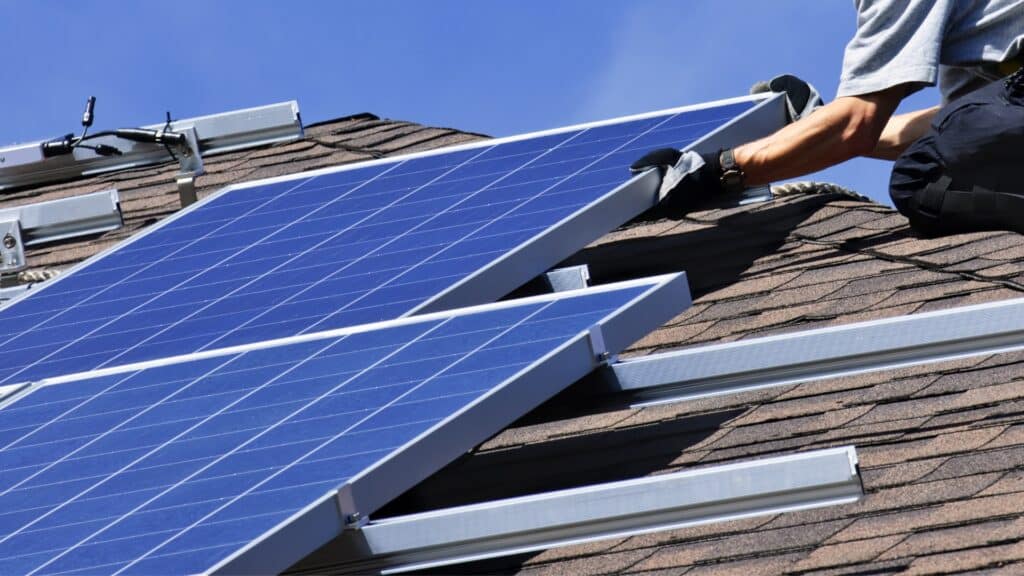
Steps Involved in the Installation Process
The installation process for solar power systems begins with a comprehensive site assessment to evaluate solar potential and determine specific installation requirements. Following this, system design involves meticulous planning to determine the optimal size, layout, and components of the PV system. Permitting and interconnection are critical steps to complete before the actual installation of solar panels, which includes mounting, wiring, and connection to the electrical system. A final inspection and commissioning ensure the proper functioning of the entire solar energy system.
Choosing a Reputed Solar Installer
When considering a residential solar installation, research the installer’s credentials and certifications for reliability. Customer reviews and references offer valuable insights into their reputation, and warranties ensure quality workmanship. Experience and expertise are crucial, as well as transparent pricing and project timelines. Choose a reputable installer to ensure a smooth and successful solar installation process. Make informed decisions to achieve the best results for your home.
Financing and Incentives for Solar Power
Exploring solar financing options simplifies investment decisions for homeowners. Available incentives and rebates maximize the financial benefits of solar, empowering homeowners. Understanding solar tax credits financially empowers homeowners. Diverse financing options cater to various budget constraints and preferences, enabling homeowners to identify the best option aligned with their financial goals. This knowledge equips homeowners to make informed and cost-effective decisions, fostering confidence in their investment.
Understanding Solar Financing Options
When considering solar financing options, homeowners commonly have choices such as purchasing, leasing, or opting for solar loans. Power purchase agreements provide an opportunity to benefit from solar energy without owning the system, while solar leases and loans offer flexible payment structures. Understanding the solar panel costs and terms of these options is key to making informed decisions, and ensuring homeowners choose the best fit for their needs.
Available Incentives for Going Solar
When transitioning to solar power, homeowners can benefit from various incentives, making the switch more financially viable. The federal solar investment tax credit (ITC) offers substantial financial benefits, while state-specific incentives and rebates further enhance affordability. Net metering allows homeowners to earn credits for surplus solar energy production, and solar renewable energy certificates (SRECs) provide additional financial incentives, encouraging the adoption of solar power.
Maintenance and Lifespan of Solar Power Systems
Maximizing the lifespan of solar power systems involves routine maintenance to preserve efficiency and longevity. Understanding the lifespan aids in long-term energy planning, ensuring optimal performance and durability. Regular cleaning and inspection are essential for maintaining panel efficiency and minimizing long-term maintenance costs. Homeowners empowered with this knowledge can make informed decisions for sustainable energy use.
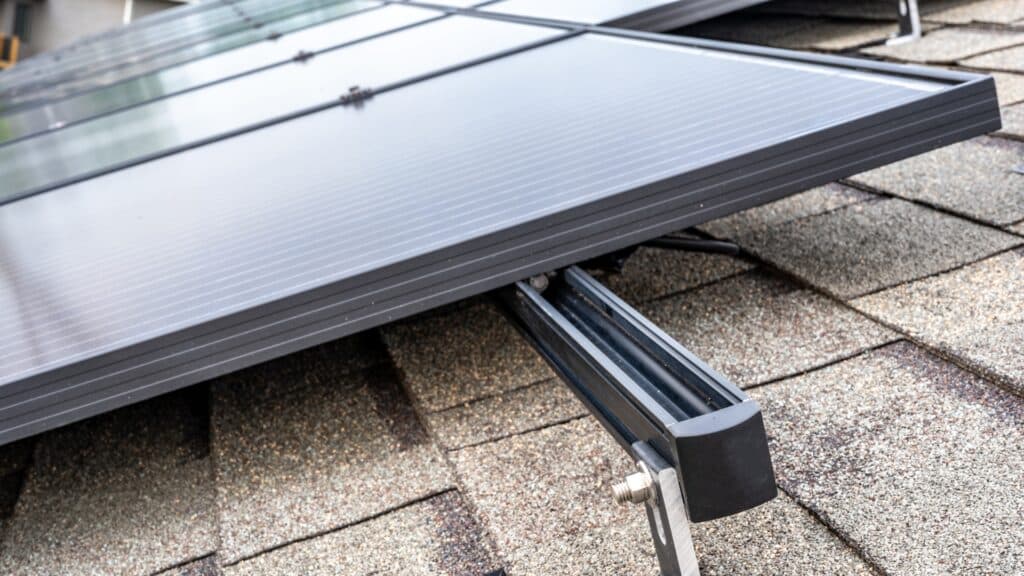
How long do solar power systems usually last?
Solar power systems typically have a lifespan of 25 to 30 years. With a warranty of 25 years, solar panels ensure long-term performance. Regular maintenance and advancements in technology contribute to their durability. Proper installation and quality components also prolong their longevity.
Key Considerations for Choosing the Right Solar Power System for Your Home
There are various types of solar power systems available for your home, each with its advantages and considerations. Understanding the basics of solar power and its importance is crucial in making an informed decision. Assessing the solar potential of your home and evaluating its energy efficiency are important steps before going solar. The installation process should be carried out by a reputed solar installer to ensure proper functioning. Additionally, exploring financing options and available incentives can make solar power more affordable. Finally, it’s important to understand the maintenance requirements and lifespan of solar power systems to ensure long-term benefits. By considering these factors, you can choose the right type of solar power system for your home and contribute to a sustainable future.

